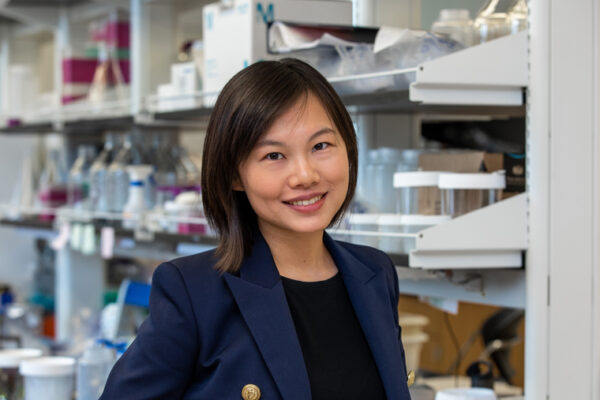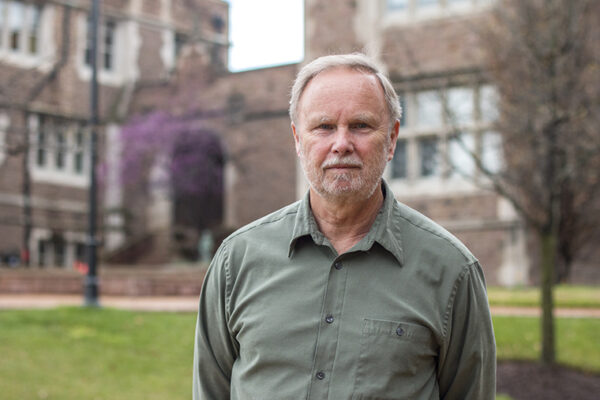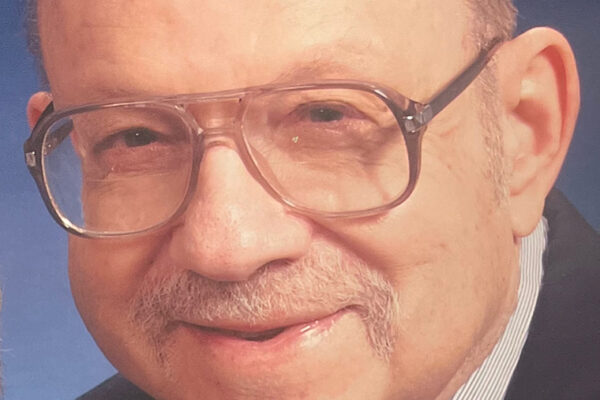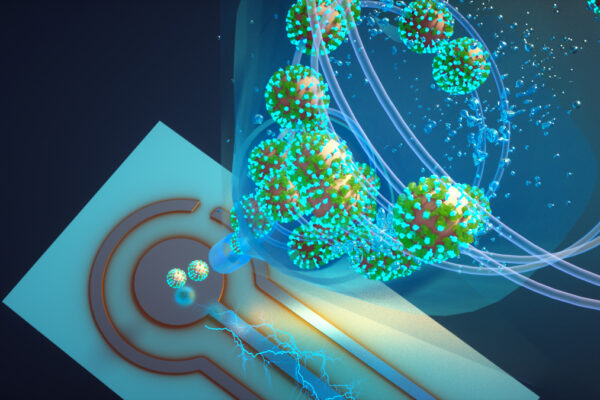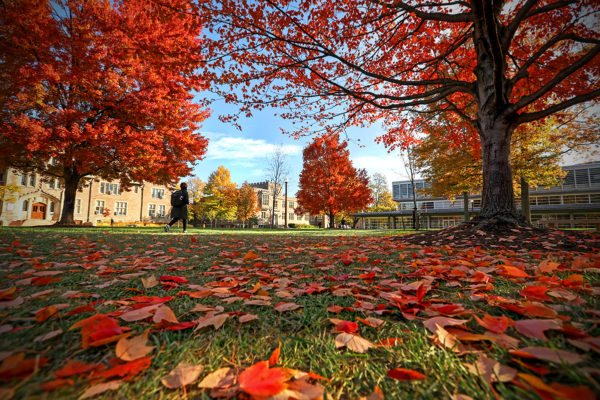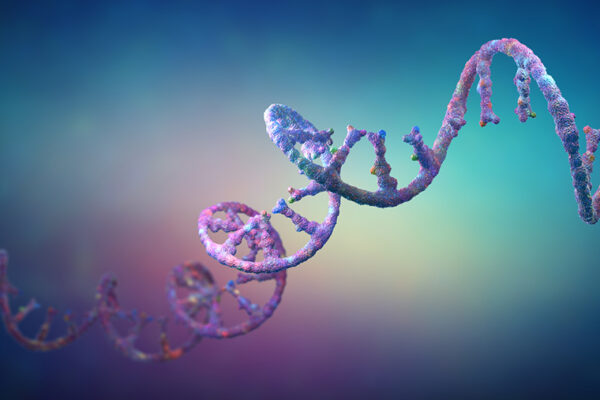Ling wins best Emerging Investigator Series paper
Fangqiong Ling, an assistant professor of energy, environmental and chemical engineering in the McKelvey School of Engineering, has been awarded the Best Emerging Investigator Series Paper in 2022 from the Royal Society of Chemistry.
Portable, low-cost tech tracks uterine contractions
In a paper published in IEEE Transactions on Biomedical Circuits and Systems, researchers at Washington University describe a portable uterine-contraction tracker: a cheap-to-make, flexible electrode patch.
Arvidson wins fourth public service award from NASA
Raymond Arvidson, the James S. McDonnell Distinguished University Professor Emeritus in Arts & Sciences, has been awarded an Outstanding Public Leadership Medal from NASA. The honor — his fourth service medal from the space agency — marks the culmination of a storied career in planetary exploration that goes back to the first Viking Mars landers in the 1970s.
Robert Morgan, former professor of engineering, 89
Robert Morgan, a former professor in the McKelvey School of Engineering for more than 30 years, died Monday, June 26, in Falls Church, Virginia. Morgan joined the faculty in 1968 and worked to build new research and educational activities on the social applications of technology.
Paths for reducing harmful air pollution in South Asia identified
A new analysis of fine particulate matter exposure led by researchers in Randall Martin’s lab in the McKelvey School of Engineering illuminates ways to improve health in India, Pakistan, Bangladesh, Nepal, Bhutan, Sri Lanka and Myanmar.
Air monitor can detect COVID-19 virus variants in about 5 minutes
Proof-of-concept device could also monitor for flu, RSV, other respiratory viruses.
Study looks at summer solstice effect
For the first time, a study by researchers including biologist Susanne Renner in Arts & Sciences helps solve the mystery of the timing of falling leaves in autumn by revealing the pivotal role of the summer solstice.
Fighting loneliness by finding purpose
A sense of purpose in life — whether it’s a high-minded quest to make a difference or a simple hobby with personal meaning — can offer potent protection against loneliness, according to research from Patrick Hill in Arts & Sciences at Washington University in St. Louis.
Zapping municipal waste helps recover valuable phosphorus fertilizer
Researchers from Zhen (Jason) He’s lab at the McKelvey School of Engineering use advanced technologies to recover valuable resources from wastewater. They recently demonstrated a promising pathway to treat solid sludge and recover usable phosphorus.
New pathway discovered for RNA degradation
Researchers at Washington University in St. Louis found the first abiotic pathway for RNA hydrolysis in iron-rich soils and sediments. Understanding how RNA breaks down under given conditions is critical to harnessing the molecule for use in emerging technologies.
View More Stories
